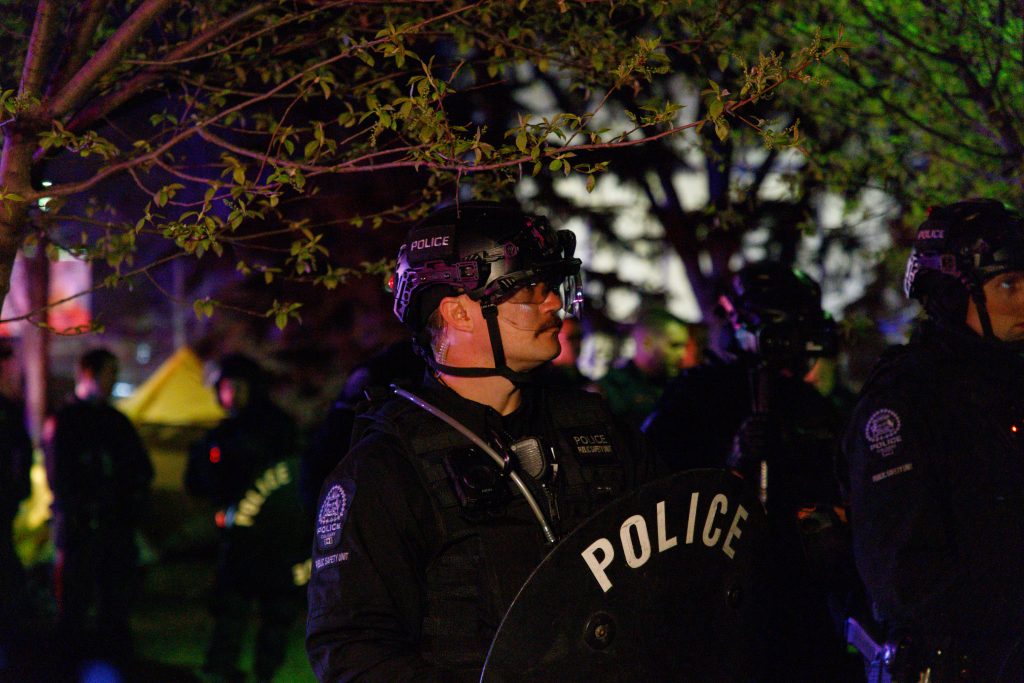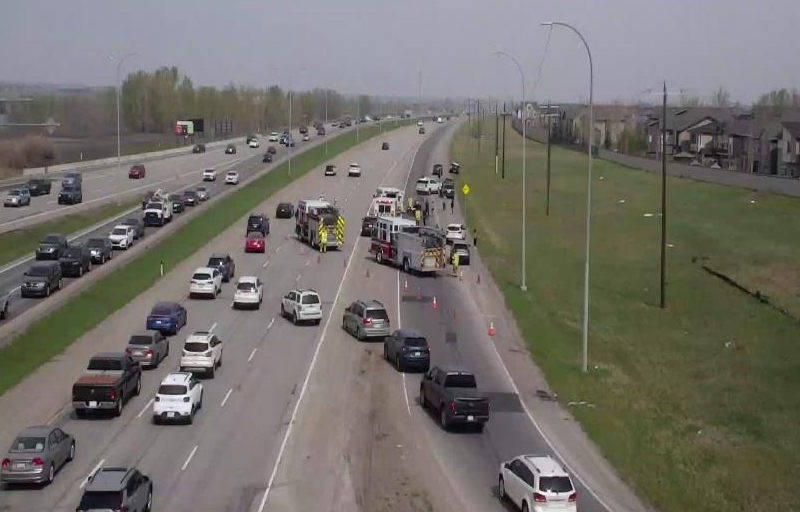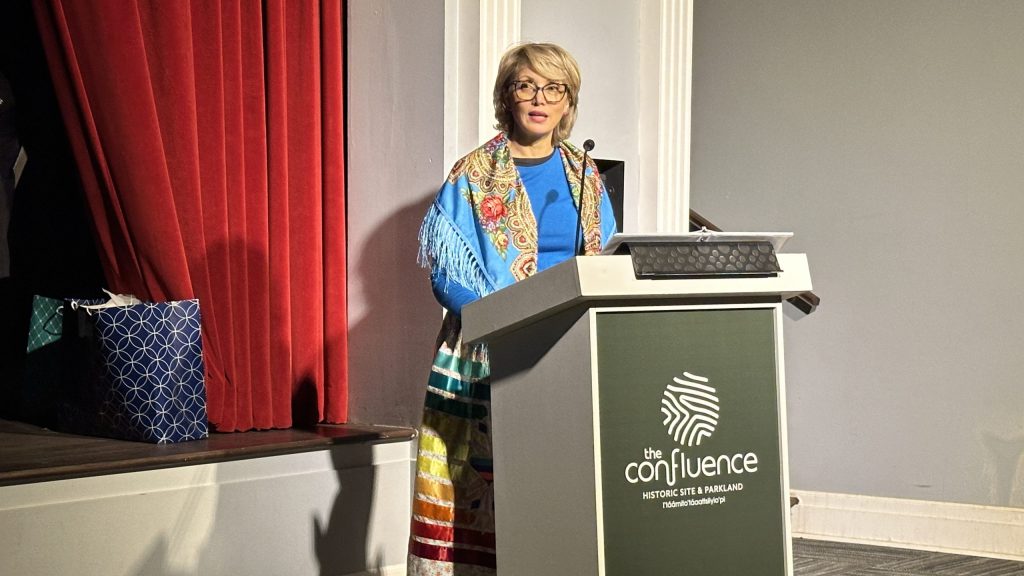City committee votes to reduce residential speed limits
Posted Sep 30, 2020 1:50 pm.
Last Updated Oct 1, 2020 6:15 am.
CALGARY (660 NEWS) – The City’s Transportation Committee has approved a motion to reduce residential speed limits in Calgary.
The motion passed by a vote of 7-3 will see the unposted speed limits change to 40 km/h on residential roads. A second piece of the motion includes posting 50 km/h signs on existing collector roadways, unless or until an environment can be created where a lower limit is appropriate. A third part of the motion which could see limits lowered further in the future was defeated as there was some sentiment that the city should wait until some more evidence can be collected.
Councillors Jeromy Farkas, Sean Chu and Joe Magliocca were opposed to the proposal.
Farkas said this would effectively turn the city into a playground zone and accused councillors of having “secret meetings” where they determined this would be a priority. This resulted in several councillors firing back, including Evan Woolley who said Farkas should apologize because it was misinformation to characterize it in this fashion. Farkas refused to retract the comment, and said that instead, councillors should be canvassing voters right now to see if this should be approved after the 2021 election.
RE: neighbourhood speed limit review, it's not about drivers vs. cyclists/pedestrians: "the majority of
transportation-related injuries and fatalities that occur in the neighbourhood context involve
motor vehicle occupants (drivers or passengers)" p. 4 of https://t.co/kDlqePgyVU pic.twitter.com/dvBFlENKWS— Evan Woolley (@EWoolleyWard8) September 29, 2020
Councillor Chu, who also said this issue should be referred forward until after the election, accused proponents of trying to turn the city into a “nanny state” and that people wouldn’t be satisfied until there were no cars on the street anymore.
RELATED: Reaction comes in as City committee looks to lower residential speed limits
At the end, though, some of the main supporters of the motion including Councillors Druh Farrell and Jyoti Gondek made their points that this is a sensible measure to improve safety and will have positive effects in the long run.
“This is an issue that has been going on for generations,” said Farrell. “We have communities that aren’t built yet, let’s ensure that they don’t come to us as a council and beg for traffic calming measures in the future.”
Gondek said the suggestion from some colleagues that this is largely unnecessary and the difference in injuries is negligible was irresponsible.
“I would say that if you had a vehicle and you escaped with minor injuries, it’s probably a game-changer for you. So, it’s bizarre that we are trying to measure how safe you are based on how seriously a car can injure somebody.”
A report presented by administration did identify enforcement challenges, as Calgary police said it would be hard to make sure everyone is following the new rules and that a better method may be for the province to make changes at a higher level.
Councillor Shane Keating agreed that enforcement will be hard but took it as a time to point out the province should maybe remove a moratorium on photo radar and use digital enforcement instead.
“The vast majority of those who get hit with the photo radar or the electronic enforcement are those who speed all the time. And we have to understand, if you’re going to speed all the time, I will gladly take your money.”
The city said there will be some financial needs here to pay for new signage, although that comes out of the piece of the budget already allocated for traffic improvements. But they also estimate this could cut down on hundreds of collisions every year.
It’s still not a final decision as this will be forwarded to the rest of council for further debate, and there will likely be more amendments proposed.
https://twitter.com/Tommy_Slick/status/1311390159519100929
One such amendment, from Councillor Gian-Carlo Carra, suggested reducing some speed limits on collector roads down to 30 km/h immediately. This was roundly defeated with very little support from fellow councillors.










